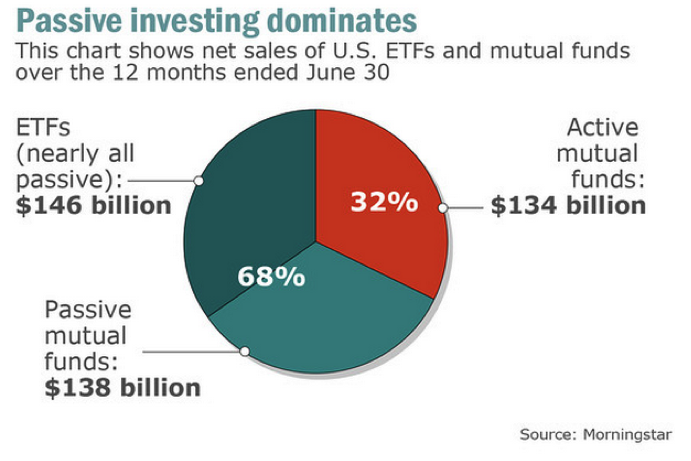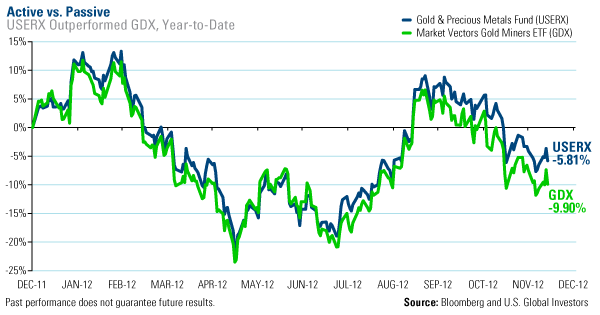The rise of passive investing
Post on: 7 Апрель, 2015 No Comment

The rise of passive investing
For many investors, the global financial crisis highlighted the need to approach risk in a new way. In this environment, an increasing focus on transparency, costs and liquidity has brought passive strategies to the fore. HSBC helped to shape the market of passive investments in the UK, where we launched one of the first ever tracker funds over more than 25 years ago. Ever since then, we have provided investors with passive solutions built on our conservative approach, strong risk management and robust governance process.
Over a quarter of a century, we have offered passive strategies as means of effective and transparent access to a wide range of markets. During this time, passive funds have taken a bigger share of the market as investors’ approach to risk has grown increasingly more sophisticated. There is more attention now being paid to factors unrelated to market outlook. For its part, the Retail Distribution Review (RDR) has led to an increasing focus on costs and how advisers could bring them down in the way that would benefit their clients. All this has drawn investors towards index funds and ETFs, and their ability to access potential market returns while keeping tabs on risk levels and transaction costs.
Passive investment is not without risks of course and your clients may get back less than invested dependent on market conditions.
HSBC’s heritage in passive investing
We have been perfecting our approach to passive investment and developing our products for over a quarter of a century. Present in more than 20 countries and territories around the world, we manage over 800 funds run by our passive and active investment management teams. We believe that our long heritage in managing passive investments, coupled with our global reach, gives us the basis to provide advisers with the level of service they expect for their clients.
HSBC Global Asset Management is a UK pioneer in index funds. Having launched our first tracker in 1988, we are proud of our track record in passive investment. Our ETF range dates back to 2003, when we launched our first Asia bond fund in Hong Kong.
Our strong presence in Asia has allowed us to develop a successful range of Emerging Market ETFs. We see this as our key competitive advantage. We were the first asset manager to offer a full physically replicated Russian equity ETF fund.

We have also been actively working in the field of alternative indexation, which is bringing with it a new generation of investment products. In contrast to traditional indices based on companies’ capitalisation, our new proprietary HSBC Economic Scale Indices weight firms based on the economic contribution that they make to the global economy. We currently manage a total of 26 alternative strategies around the world.
Why invest in passive funds with HSBC?
Passive funds can be used as building blocks within existing portfolio models to gain exposure, and make tactical calls, to specific markets across the globe.
While not aiming to outperform their respective indices, passive funds have a strong performance record in efficient markets (such as the US and UK), when compared with actively-managed funds. This is because the amount of readily available information about listed companies in developed markets makes it more difficult for active fund managers to find mispriced stocks than, for instance, in emerging markets.
We offer a broad range of passive products, which were built over more than quarter of a century. When investing with HSBC, you share with us the following competitive advantages.














